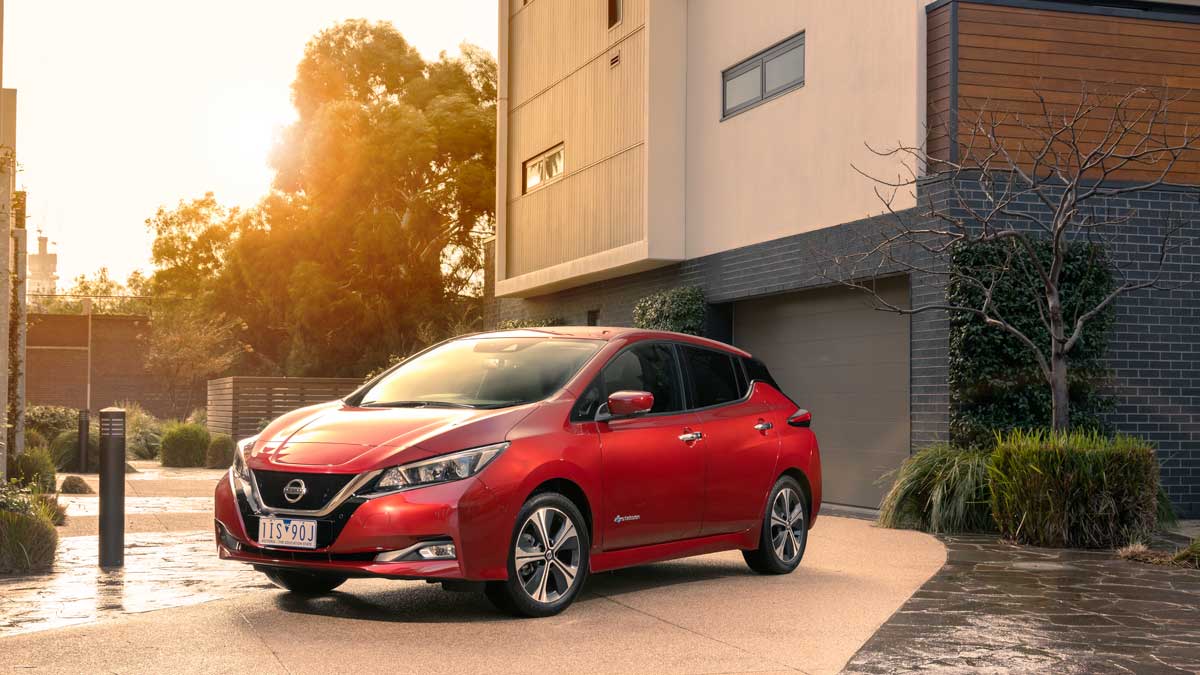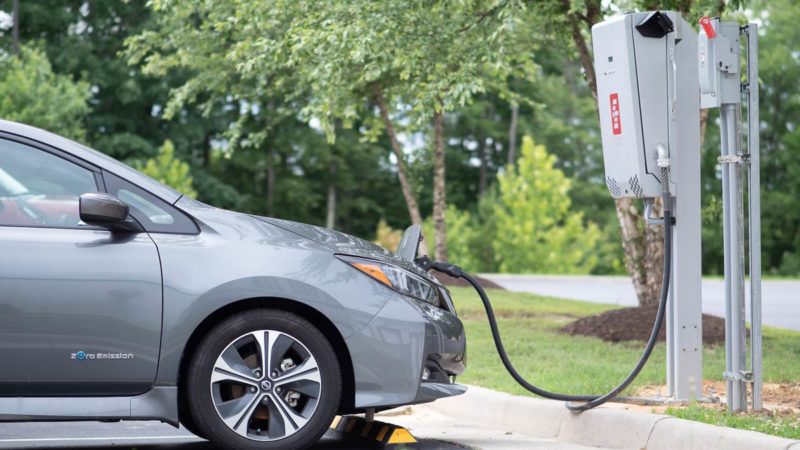Japanese automaker and EV pioneer Nissan has approved the first-ever bidirectional electric vehicle charger for use with the Nissan Leaf in the United States.
As one of the first major car companies to lead the transition to electric vehicles, launching the iconic Nissan Leaf back in 2010, Nissan has nevertheless fallen off the radar as other companies have overtaken the space they once dominated.
But as Nissan continually looks for new ways to deliver new EV technologies, the company announced last week that, in working with Fermata Energy, a vehicle-to-grid services provider, it has approved the first-ever bi-directional charger for use with a Nissan Leaf in the United States.
Fermata Energy’s FE-15 charger was verified to be compatible with the Nissan Leaf, passing key requirements from Nissan and also received the UL 9741 certification for bi-directional charging systems. This also means that use of the bidirectional charger will not impact the Leaf’s battery warranty.

By no means a new technology – vehicle-to-grid (V2G) technology has been a key selling point for EV manufacturers for some time now – it is nevertheless an important step for Nissan, allowing Leaf owners with the Fermata Energy FE-15 bi-directional charger to receive and send power from the grid.
Nissan also claims that this makes the Leaf only fully electric passenger vehicle “currently” in the United States market able to supply energy to the grid.
Fermata Energy also provide their Demand Charge Management application which, along with the FE-15 charger, continuously monitors a building’s electrical loads, drawing when needed on the Nissan LEAF’s energy to provide power to the building during more expensive high-demand periods – a huge benefit for companies with Nissan Leaf’s in their fleets.
Joshua S. Hill is a Melbourne-based journalist who has been writing about climate change, clean technology, and electric vehicles for over 15 years. He has been reporting on electric vehicles and clean technologies for Renew Economy and The Driven since 2012. His preferred mode of transport is his feet.

